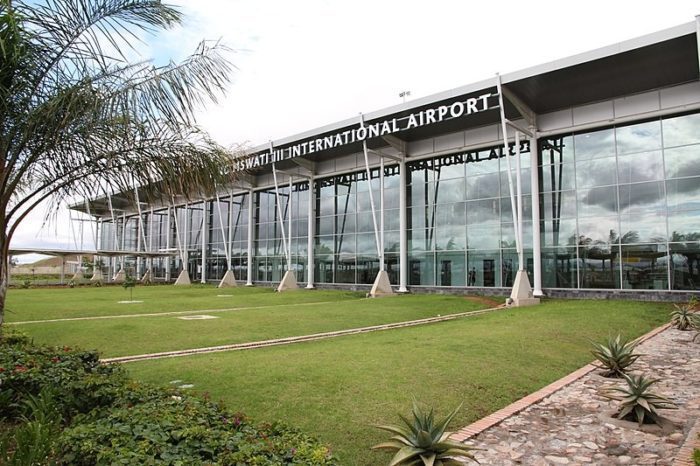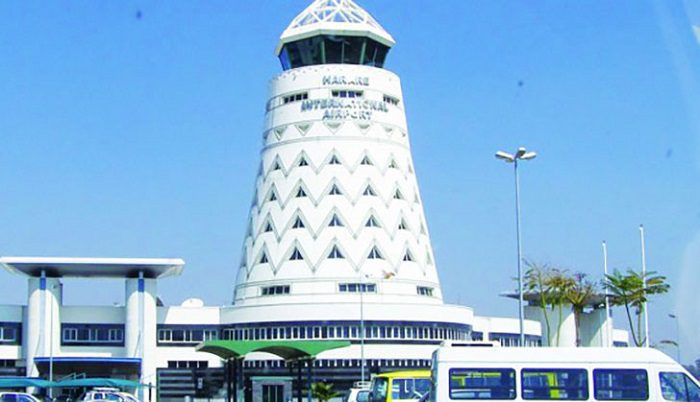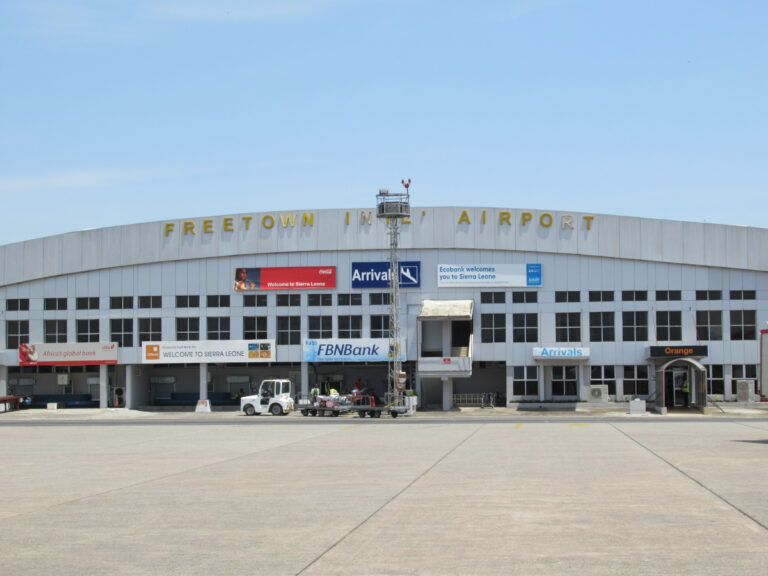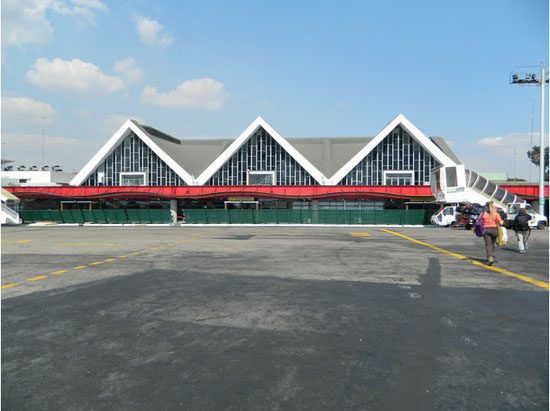Air connectivity is crucial for the economic development of Africa, as it plays a vital role in facilitating trade, investment, tourism and cultural exchange between different countries and regions of the continent.
Some ways in which air connectivity is important to the continent:
- Trade Facilitation: Air connectivity enables the efficient movement of goods and services between different countries and regions in Africa, promoting trade and economic growth.
- Attract investment: Well-connected airports can attract foreign investment, as they make it easier for companies to access new markets and move goods and people across the continent.
- Tourism: Air connectivity is vital for the growth of the tourism industry in Africa, as it makes it easier for tourists to travel to different destinations within the continent.
- Cultural exchange: Air connectivity also plays a key role in promoting cultural exchange between different countries and regions in Africa, as it makes it easier for people to travel and learn about different cultures.
- Access to healthcare: Air transport enables efficient and rapid access to healthcare for people in remote or underdeveloped areas of Africa, helping to save lives and improve public health.
- Access to education: Air transport also enables efficient and rapid access to education for people in remote or underdeveloped areas of Africa, helping to improve literacy and educational outcomes.
In general, air connectivity is essential for the economic development of Africa, as it allows the efficient movement of goods, people and ideas across the continent, promoting trade, investment, tourism and cultural exchange.
Some of the busiest and most important international airports in Africa that serve as major gateways for business travel include:
- OR Tambo International Airport (Johannesburg, South Africa) – Serves as Johannesburg’s main airport and is a major hub for domestic and international flights. It is a major hub for South Africa Airways and serves as a gateway to other cities in South Africa as well as other African countries.
- Cairo International Airport (Cairo, Egypt): One of the busiest airports in Africa and the Middle East, it serves as a hub for several airlines, including EgyptAir, which offers connections to destinations around the world.
- Nairobi Jomo Kenyatta International Airport (Nairobi, Kenya) – The largest airport in Kenya and the main gateway to East Africa. The airport serves as a hub for several airlines, including Kenya Airways, which connects to destinations around the world.
- Addis Ababa Bole International Airport (Addis Ababa, Ethiopia) – Ethiopia’s main airport and the hub of Ethiopian Airlines, is the main point of entry for travelers to Ethiopia, as well as other countries in the region.
- Casablanca Mohammed V International Airport (Casablanca, Morocco): Morocco’s busiest airport and a major hub for Royal Air Maroc. It is a gateway to other cities in Morocco and other North African countries.
- Lagos Murtala Muhammed International Airport (Lagos, Nigeria) – Nigeria’s main airport and a hub for Arik Air and Dana Air. It serves as a gateway to other cities in Nigeria as well as other African countries.
These airports are not only the busiest and most important in Africa, but also the main entry points for business travel to Africa, providing connections to destinations around the world.
However, the commitment in general in Africa to convert airport areas into development hubs is indisputable. A clear example is the Sir Seretse Khama International Airport, around which an important economic hub sponsored by the administration has developed.
Contact with ProdAfrica here

Team ProdAfrica
team@prodafrica.com





